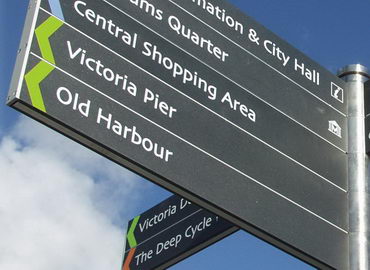Climate & Biodiversity Emergency
UK Landscape Architects Declare Climate & Biodiversity Emergency
#LandscapeArchitectsDeclare
2B Landscape Consultancy has declared a Climate & Biodiversity Emergency.
There is a global climate and biodiversity emergency. We have, at most, a decade to implement significant changes to prevent the risk of global catastrophic damage to our world. Landscape Architects face the challenge of meeting the needs of our society whilst protecting the earth's climate and biodiversity.
We will work with clients throughout every stage of the design and planning process to create a constantly regenerating and self-sustaining system in balance with the natural world. The research and technology already exist for us to make that transformation now. Collective commitment is needed to make this transformation actually happen, but this is something we have been lacking as a society.
By signing the
Such a transformation cannot happen without a wider united commitment from the global construction and built environment industry. 'UK Landscape Architects Declare' is part of the global
What have we declared?
2B will seek to:
- Raise awareness of the climate and biodiversity emergencies and the urgent need for practical action amongst our clients and supply chains.
- Advocate for faster change in our profession towards resilient and regenerative design practices and a higher Governmental funding priority to support this.
- Establish climate and biodiversity mitigation, adaptation and resilience principles as the key measure of our industry’s success: demonstrated through awards, prizes and listings.
- Share knowledge and research to that end on an open source basis.
- Evaluate all new projects against the aspiration to contribute positively to mitigating climate breakdown, and encourage our clients to adopt this approach.
- Preserve and protect existing irreplaceable landscapes and habitats whilst protecting and optimising areas of functional and biodiverse landscape in all developments.
- Adopt a whole systems approach to landscape design recognising that soils, bacteria and mycorrhizal fungi are key factors for ecosystem survival and carbon sequestration.
- Work to provide assessment tools for life cycle costing, carbon usage, biodiversity gains. Develop and promote post occupancy tools and measures to assist in the management of landscapes.
- In addition to working with mitigation, adaptation and resilience as primary tools, look to using regenerative design principles in the design of landscapes.
- Collaborate with architects, engineers, contractors and clients to further reduce construction waste.
- Promote low embodied carbon, and look to maximise carbon sequestering, responsible and sustainable use of water and biodiversity net gains in all projects.
- Minimise wasteful use of resources in landscape architecture and urban planning, both in quantum and in detail.
For more information, visit UK Landscape Architects Declare and Construction Declare.
Landscape Institute Climate & Biodiversity Emergency
Back in June 2019, the Landscape Institute (LI) was one of the first professional membership organisations to declare a Climate and Biodiversity Emergency . This declaration has inspired the profession to take action. One of the LI's first actions was to appoint a new Climate and Biodiversity Emergency Response Panel to explore ways in how the LI and its members could make a positive contribution to the global crisis.
Two of the immediate changes in response to the declaration are that now all chartered members are expected to complete a minimum of 5 hours of climate, sustainability and resilience-related educational learning (CPD) per year and we have been asked to reconsider and improve our organisations' carbon use across travel, accommodation and operations.


